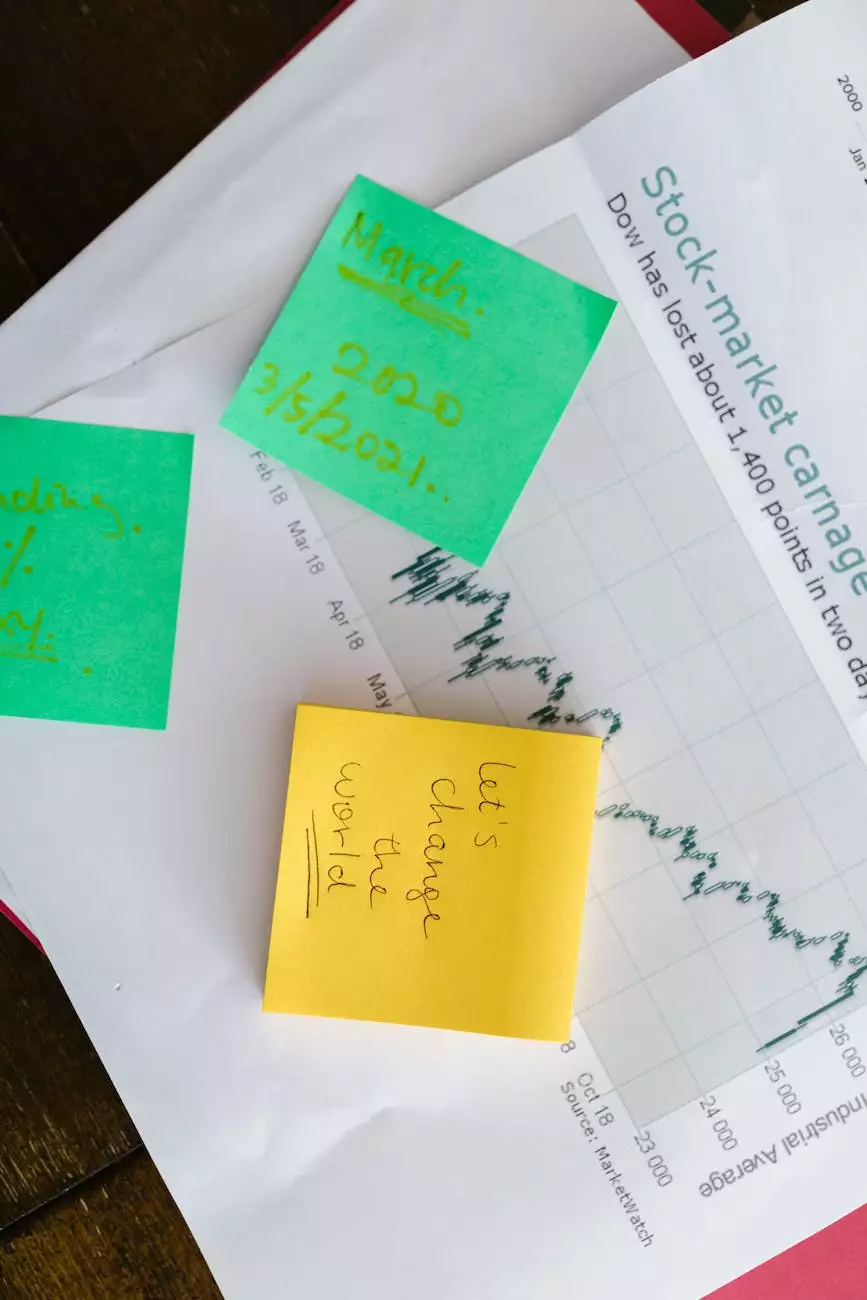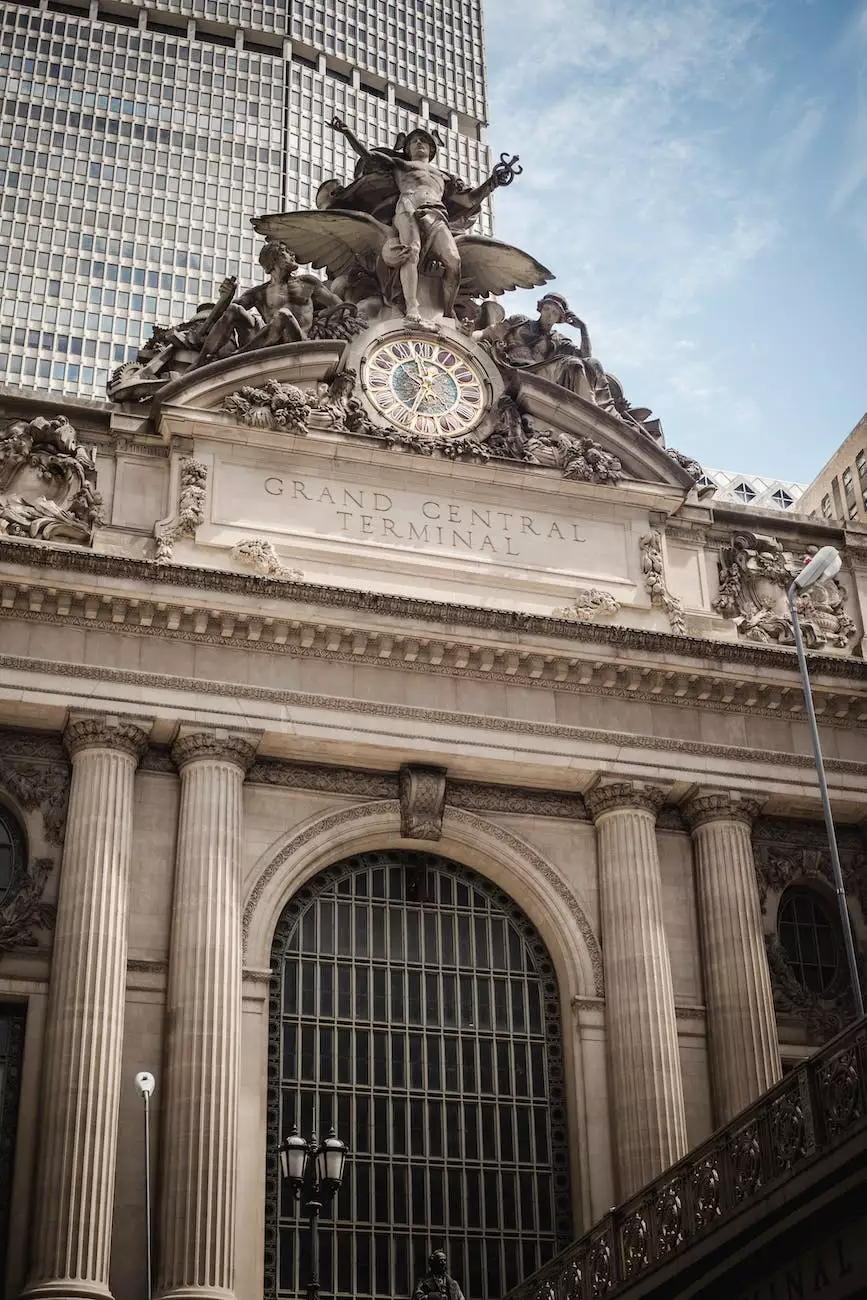Student Loans and Bankruptcy – What You Need to Know

Introduction
Welcome to Social Service of America, your trusted source of information on community and society philanthropy. In this comprehensive guide, we will delve into the complex topic of student loans and bankruptcy. Whether you're a student considering bankruptcy or a borrower struggling to repay student loans, this guide aims to provide you with a comprehensive understanding of the key factors and considerations involved.
Understanding Student Loans
Before diving into how student loans and bankruptcy are connected, it's crucial to understand the nature of student loans. Student loans are financial aids provided to students to help fund their education expenses. These loans are typically offered by the government or private lenders and are expected to be repaid with interest over a specified period of time.
Types of Student Loans
There are two primary types of student loans:
- Federal Student Loans: These loans are funded by the government and offer various advantages such as fixed interest rates, income-driven repayment plans, and potential loan forgiveness programs.
- Private Student Loans: These loans are offered by private lenders such as banks or credit unions. They often have variable interest rates and may require a cosigner.
Bankruptcy and Student Loans
Bankruptcy is a legal process that provides individuals with a fresh financial start by discharging their debts or creating a repayment plan. However, when it comes to student loans, bankruptcy is generally not easily discharged, and there are specific conditions that must be met.
Chapter 7 Bankruptcy and Student Loans
In a Chapter 7 bankruptcy, most unsecured debts can potentially be discharged, but student loans are an exception. To obtain a discharge for student loans under Chapter 7, you must provide evidence of undue hardship, which typically requires proving that repayment of the loans would cause significant financial distress.
Chapter 13 Bankruptcy and Student Loans
Chapter 13 bankruptcy involves creating a repayment plan to pay off debts over a specified period. While student loans are not dischargeable in Chapter 13, the repayment plan can help manage your student loan debt alongside other financial obligations.
Evaluation of Undue Hardship
To evaluate undue hardship, most courts follow the Brunner Test, which includes three criteria:
- The borrower cannot maintain a minimal standard of living.
- The borrower's financial difficulties are likely to persist for a significant portion of the repayment period.
- The borrower has made good faith efforts to repay the loans.
Loan Discharge Alternatives
While discharging student loans through bankruptcy can be challenging, there are alternative options that borrowers may consider:
Income-Driven Repayment Plans
For federal student loans, income-driven repayment plans can help borrowers manage their loan payments based on their income and family size. These plans can lower monthly payments and potentially result in loan forgiveness after a specific period.
Loan Forgiveness Programs
Various loan forgiveness programs exist for individuals working in specific professions or for nonprofits. These programs may require meeting specific eligibility criteria, such as working in public service for a certain number of years and making regular loan payments.
Loan Refinancing
Borrowers with private student loans may explore loan refinancing options to secure a lower interest rate or more favorable repayment terms. Refinancing involves paying off existing loans with a new loan from a different lender.
Expert Advice and Resources
Navigating the complexities of student loans and bankruptcy can be overwhelming, but you don't have to face it alone. Social Service of America is dedicated to providing comprehensive resources and guidance related to community and society philanthropy, including student loans and bankruptcy. We encourage you to reach out to our experts for personalized advice tailored to your unique situation.
Conclusion
Student loans and bankruptcy are intertwined in a complex manner, but the path to effectively manage your student loan debt is not impossible. Understanding the nuances of bankruptcy laws, evaluating alternatives, and seeking expert advice are all crucial steps towards finding a solution that works for you. At Social Service of America, we strive to empower individuals with the necessary information and resources to navigate these challenges and build a stronger financial future.










